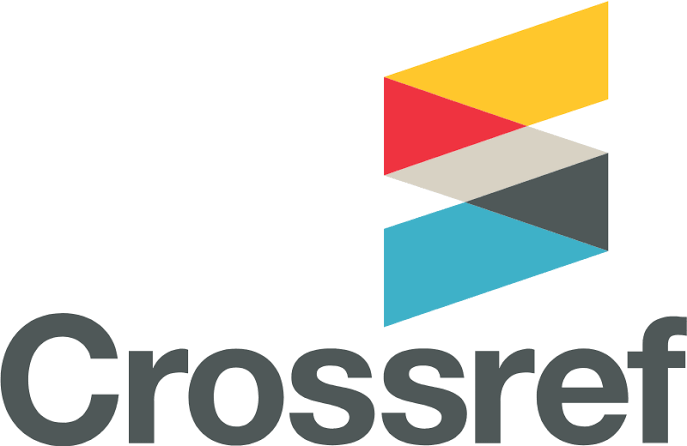ANALYSIS OF INTERNATIONAL MONETARY FUND (IMF) AND ECONOMIC DEVELOPMENT IN NIGERIA, FROM 2008 TO 2018
DOI:
https://doi.org/10.5281/m.v1i1.9Keywords:
IMF-PSI, Poverty Reduction, Manufacturing sector, Economic DevelopmentAbstract
The pervasive poverty situation in Nigeria clearly betrays the high hopes at independence that the country would emerge as a major industrial haven in the world. The high hopes were hinged on the availability of abundant natural and material resources in the country. Poverty, unemployment, income inequality and debilitating state of basic infrastructures still stare Nigerians in the face, even in the light of both domestic and international efforts at arresting these. Against this backdrop, therefore, this study examined International Monetary Fund (IMF) and economic development in Nigeria, within the period, 2008-2018. The study raised the following questions: Does the IMF Policy Support Instrument (PSI) reduced poverty in Nigeria?Does trade liberalization undermine the development of the manufacturing sector in Nigeria? The study was anchored on the complex interdependence theory as its theoretical framework, while relying on documentary method for the collection of data, which was correspondingly, analyzed using content analysis. The study found that at end of the PSI program, macroeconomic performance and sustainability improved. Non-oil sector growth averaged 8½ percent and inflation fell to 6 percent, exceeding expectations on both counts. The external and fiscal positions strengthened significantly with the reduction of Paris and London Club debt, and the accumulation of public savings and international reserves. Debt-service savings were directed to poverty spending. However, while a majority of households saw their economic situation improve or stay the same, poverty remains high. The study therefore recommends among other things, that governments need to stop hiding behind donor conditionality and start engaging legislators and citizens in a robust and accountable dialogue over development priorities and financing options











